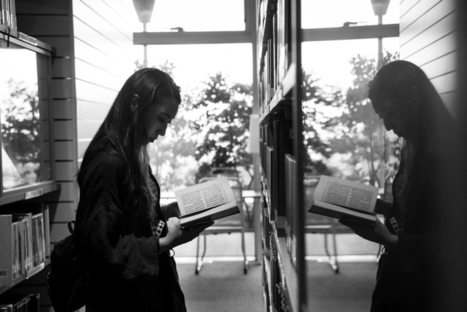M.A.—$20,000 dollars of student debt, 14 months, one thesis, two internships, $1,500 dollars worth of textbooks, and countless sleepless nights later and I finally earned those two little letters following my name.
It wasn’t until three semesters into my degree, after spending $1,000 dollars merely renting my textbooks that I discovered my University’s ebook library. To be clear, I didn’t just stumble upon it either. After learning about open educational resources (OER) at the HEeD Think Tank last spring (now UPCEA’s eDesign Collaborative), I spent hours doing my own personal research on my university’s open access policy and scouring the library website. Eventually, I was able to find all but three of my 11 textbooks for my master’s degree in educational technology freely available on the library website, not to mention plenty of other materials (e.g., case studies and articles I had purchased over the years).
Via
Elizabeth E Charles



 Your new post is loading...
Your new post is loading...











Presentations at this conference have been uploaded to this site. Event held on 24 January 2020 at Goldsmiths University.